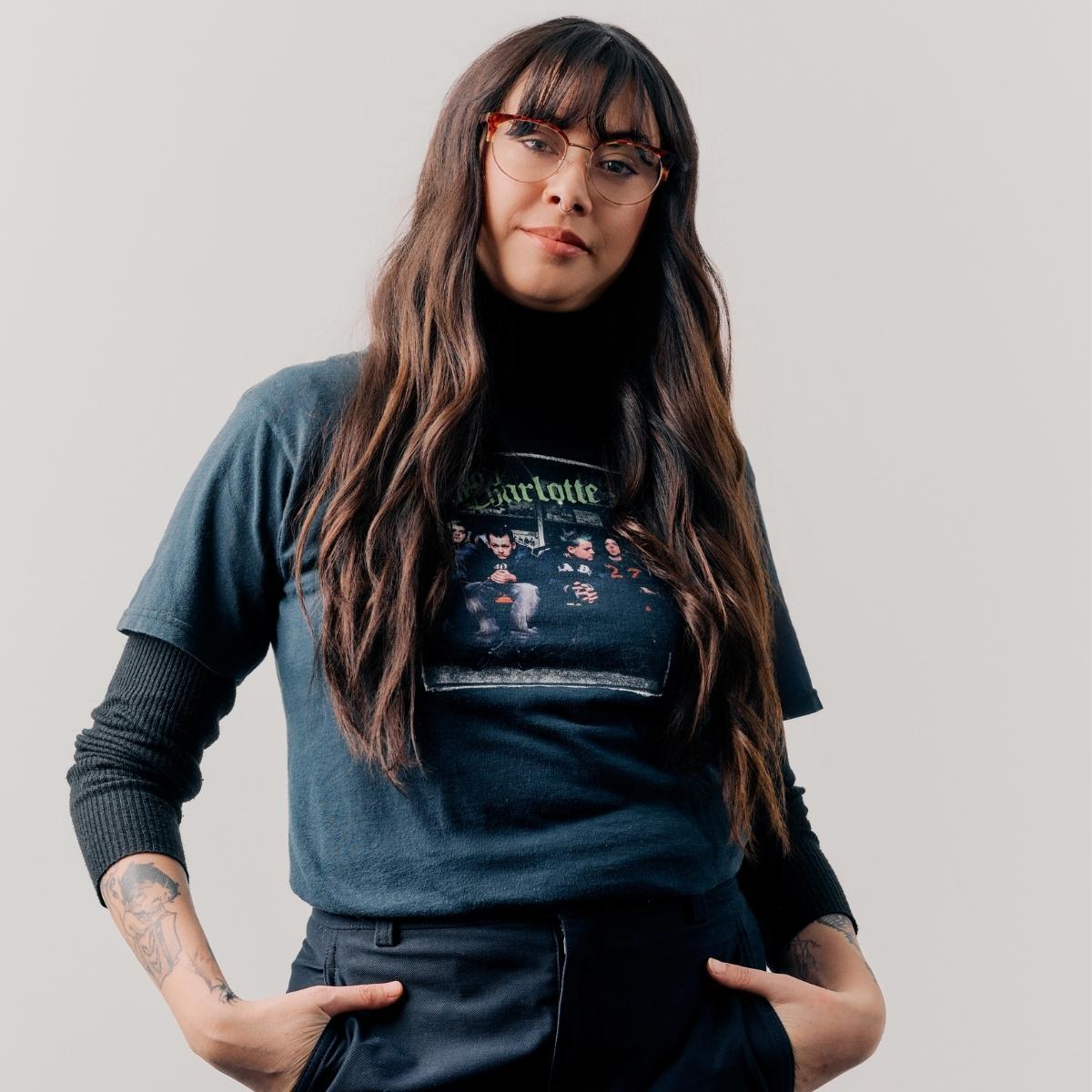Henry Lawson’s tale of heroism and heartbreak set against the unforgiving isolation of colonial Australia gets a vivid re-imagining by two of the country’s leading ladies of theatre.
'The Drover's Wife' has been adapted by award-winning actress Leah Purcell into a dramatic staging which will cut right to the core of race-relations in Australia. Director Leticia Cáceres says working with Leah in the lead role and the story she’s produced is “like a director’s dream.”
“It’s got everything you want,” Leticia says, “it’s action-packed, it’s got romance but most importantly it’s why we want to be doing theatre, because no one’s having conversations that involve us the way that theatre can, by commanding us to be invested in a story which calls to bear witness on the history of this country and the treatment of its First Nation people and its women.”
In Lawson’s original story, the drover’s wife is left alone to care for the children and homestead while her husband is away working for months on end. When a snake appears in their backyard and slithers under the house, it’s up to the wife (with some help from the ballsy family dog) to protect the children. For what is a very short story, the tension is palpable as she stands watch all night listening for the slightest hiss.
“I was particularly captivated by that short story,” Leticia says. “I found that character was quite an exceptional representation of the hardship of a female isolated and responsible for her children, and the strength required.
“For me as a migrant, it articulated so much about what I love about Australian women, the resilience, the matter-of-factness and their no-nonsense approach to hardship. It strips away at all the moral bourgeoisie rubbish that we’re fed all the time, I love that.”
Leah’s adaptation sees the wife pitted not against a snake, but against bigotry and suspicion when she finds an injured Aboriginal man in her yard. There is a fugitive on the run wanted for killing white people and the town is brimming with soldiers, yet she is hesitant to turn him in.
“We moved it away from the landscape that Henry Lawson set it in,” Leticia explains. “We’ve set it in the Canberra region and through the mountain ranges of Kosciusko, and that’s given it a different tone. In some ways the battle against the elements is different and creates a different kind of tension.
“What Leah’s done, which is so brilliant, is that she is essentially the only woman on stage and that in itself immediately creates a tension. In terms of isolation, it’s really the way Leah is going to negotiate who enters on stage, how they enter and what she has to contend with.”
Lawson’s heroine battled loneliness in a harsh and expansive landscape; within the confines of a finite theatre space Leah’s incarnation communicates that aspect through the medium of physical language.
“She’s placed a lot of attention on the physical body of a woman in space,” Leticia says. “A lot of her physiology is tested in this landscape and that’s how we understand the level of isolation, all the aspects of what it means to be a mother in a place where you have no access to medical assistance and support, that all comes into play.”
Leticia’s involvement as comes after a three-year engagement with Melbourne Theatre Company as Associate Director. Having read Leah’s initial adaptation, Leticia was keen to come on board with what she sees as one of the most important productions in contemporary Australian theatre. “I thought it was, and I still think it is, one of the most courageous pieces of writing we will see on Australian stages in quite a long time. This is a really unique voice, because it’s Leah’s voice, and she’s been able to claim something that’s so iconically white and Australian, and flipping it.
“We still have all of the power and potency of the story as it stood, as it stands, in terms of our cultural references as white people. Then she’s also been able to reignite it so that we’re able to talk about our relationship to Black Australia and how these two characters, the woman in colonial Australia and First Nation people in Australia, have been treated, what that struggle means and how it correlates.”
‘The Drover’s Wife’ plays at Belvoir St Theatre in Sydney from 17 September-16 October.







